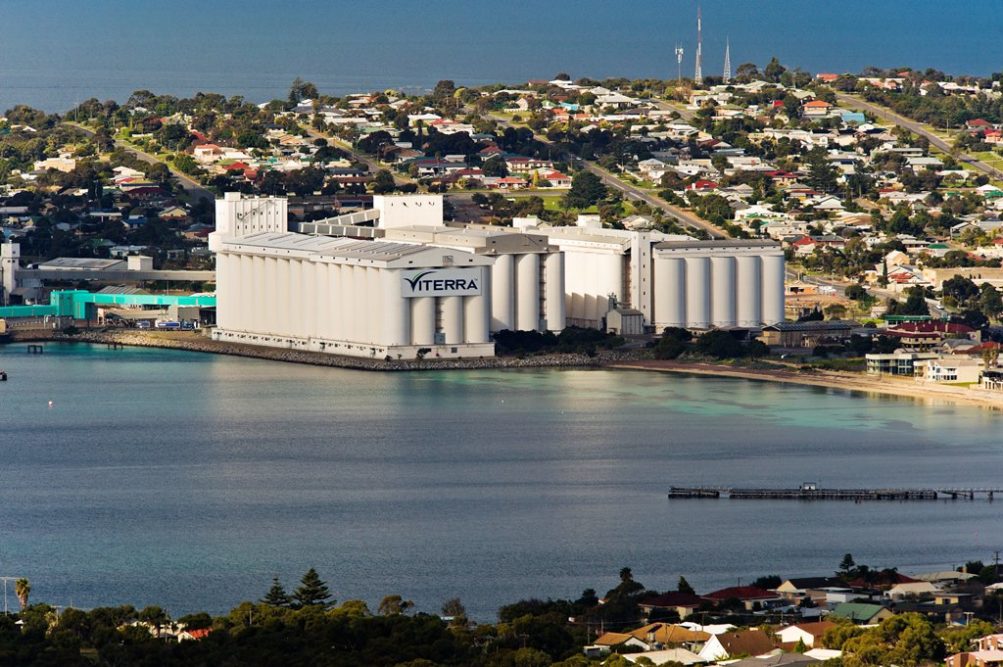PARKSIDE, SOUTH AUSTRALIA, AUSTRALIA — As demand ticks up for South Australian grain, Viterra loaded its largest single rail outturn.
A 100-wagon train loaded with barley from Viterra’s Crystal Brook, Snowtown and Gladstone sites, is headed for interstate feedlots to meet continuing demand for South Australian new season grain.
Michael Hill, operations manager of Viterra Australia, said it’s the first time Viterra has loaded a 100-wagon train to service interstate demand, effectively doubling the size of a typical rail movement.
“It reflects the fast rate that South Australian grain is moving and the strong demand both domestically and internationally,” said Hill. “We have around 40 buyers in the Viterra system purchasing grain for the domestic and export market, and we’ve seen a significant increase in shipping and rail outturns compared to this time last year.
“We’ve outturned close to 2 million tonnes since harvest started in October, around 1.2 million tonnes of which has been shipped.
“In addition to the 100-wagon train, we’ve also loaded a further six domestic-bound trains during the same week from sites in our Central region with wheat, barley and canola,” Hill said.
Viterra Australia is seeing positive grain demand and some buyers are sourcing South Australian grain for the first time, Hill said.
“Growers using the Viterra system will benefit from having greater options from the multiple buyers when they choose to sell their grain,” Hill said. “We’re also continuing to service strong export demand, outturning grain by vessels through our port terminals to various international buyers and markets.”
All six of Viterra’s port terminals across the state are loading vessels over March and April with wheat, barley and canola headed to a range of domestic and export markets.
The business is continuing to outturn by road to 85 different end use destinations across the country as well.
“We are focused on working with buyers to make it as easy as possible for them to continue accessing grain through the Viterra network and getting it to where they need it,” Hill said.




